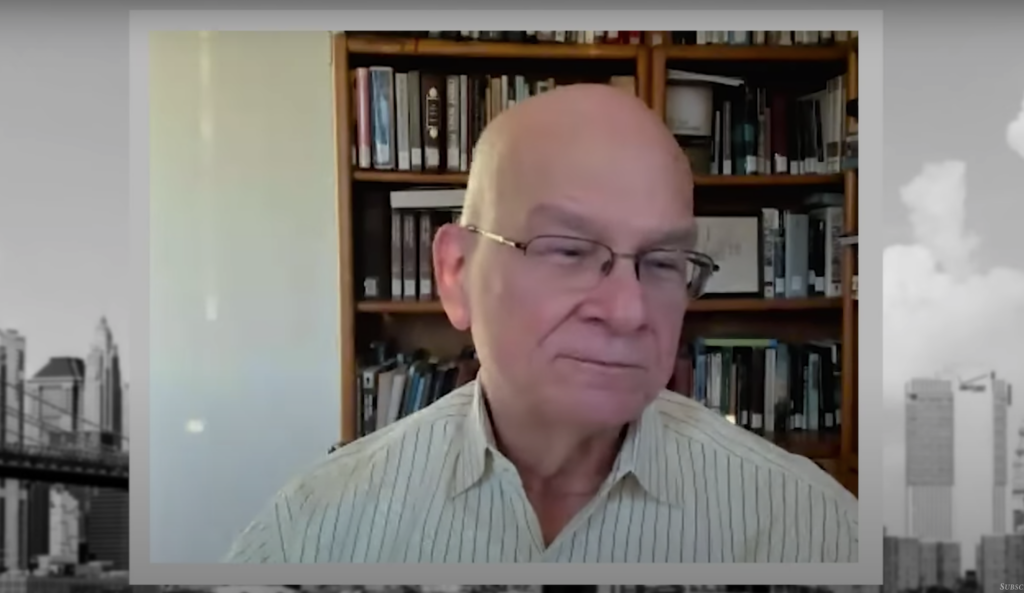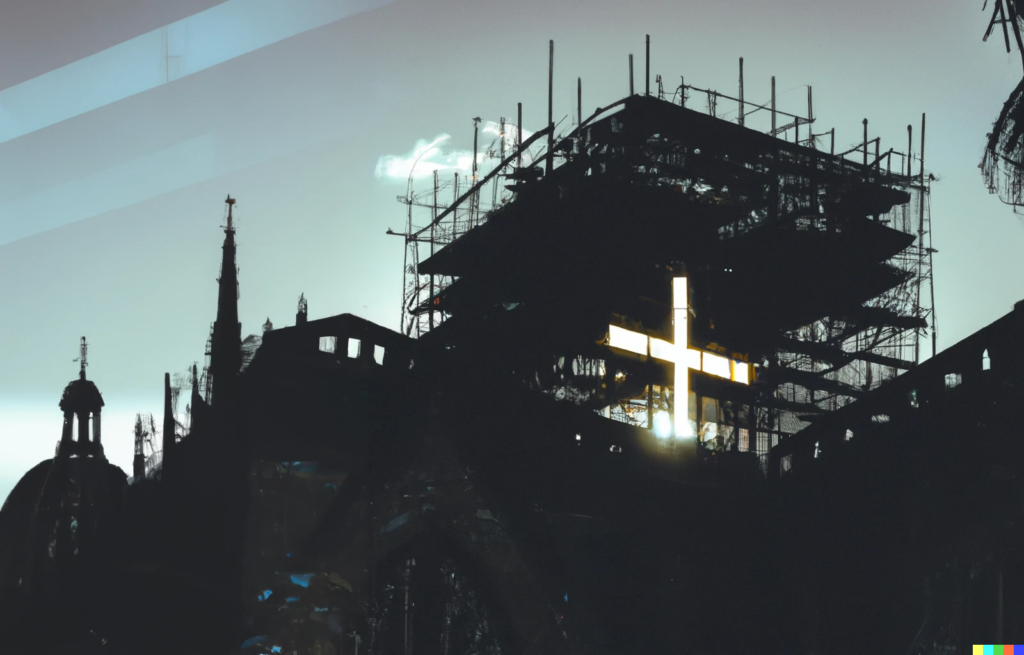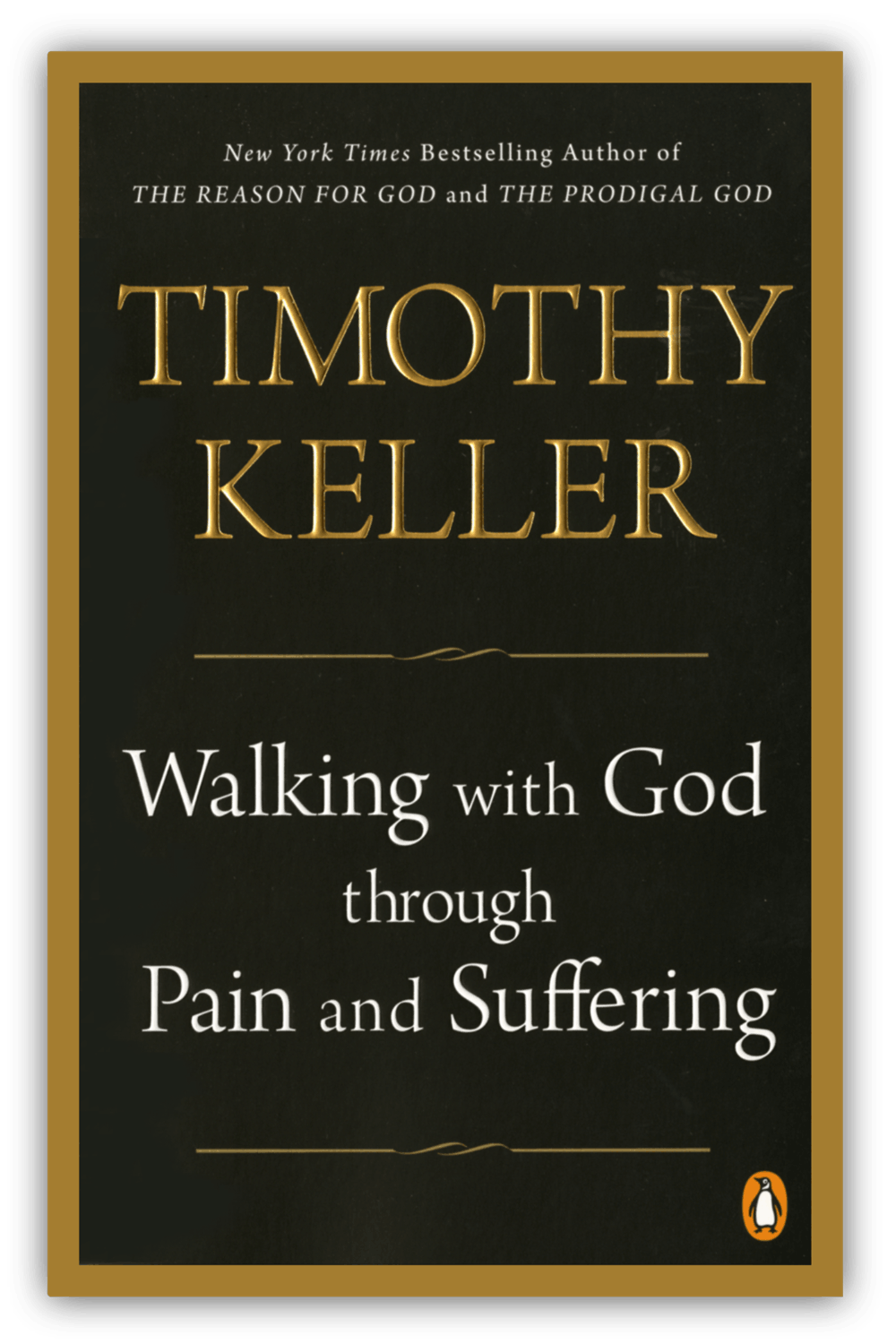I first met God in a tiny room on the back side of a little houseboat at the head of an old dock on Portage Bay in Seattle. It was the summer of 1996, and I was collapsed in sobs on the floor of my best friend G’s bedroom. She was sitting almost regally atop her Queen-size bed blossoming out of her fluffy, white comforter. G was famous at the restaurant where we both worked for knowing and reading everything and sporting it with a kind of Renaissance whimsy. The entire western canon was tucked into the bookshelves that surrounded me as I wept.
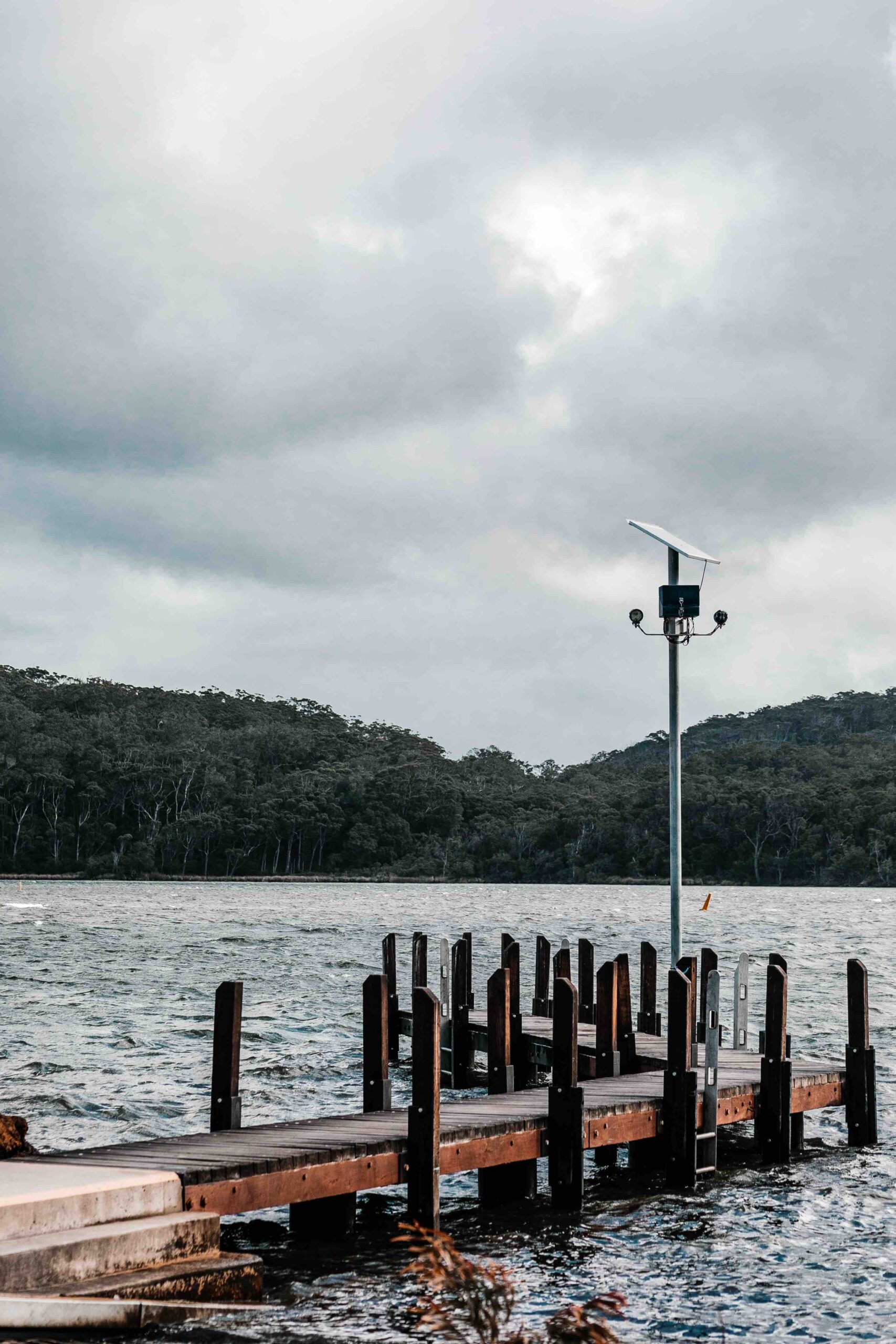
The problem at hand was a boy. We’d been dating for over a year and all that while, discussing our future together. But suddenly I knew it wasn’t right and I vanished into thin air. All he got was a note I slipped into his mailbox. Why I couldn’t face him and explain myself, I’m still dumb for an answer. It was horrible and cowardly. G remained statuesque, listening patiently as I blubbered on about what a monstrous person I was. What was happening inside me went way past guilt, sorrow or shame. With this single act, the narrative for my life–the one that said I was good, that I was decent, that I was okay—it disappeared, just like that. Just like I’d disappeared from that kind man’s life.
Before this day, I’d stood firmly on the grounds that I didn’t steal, gossip, or lie. I didn’t covet and was happy with the little I had, as a waitress and performing artist. I worked hard, considered myself a loyal friend and paid my taxes. Any missteps in my conduct or judgment were exceptions that only proved the rule: I was good. Even in my gaffes, I showed the requisite self-awareness, humility even. When I looked around at the world, full of greed and violence, I was about as far from the problem as I could be.
Now I was acknowledging a darkness, a perversion in my core and an awareness of all my dead-wrong deeds, this only the most recent and not the worst. Interestingly, the most grievous things I’d done in my life I’d sort of snipped from the ticker tape of my consciousness. In the finished edit there would have just been the tiniest little blip if you were to run the tape. But now the whole story came rushing in, the raw footage. The dam broke and my eyes could see. Losing my grip on the notion that I was good caused me to become completely unhinged, all the while G remained perfectly poised as the afternoon sun sang off Portage Bay and poured into the long window beside her bed, lighting her hair and face a magic hour yellow.
But now the whole story came rushing in, the raw footage. The dam broke and my eyes could see. Losing my grip on the notion that I was good caused me to become completely unhinged…
No sooner had this origin story dissolved than, in a vacuum effect, another one presented itself to me. It said quite simply the opposite thing: I was not good. This seemed to me suddenly very uncomplicated. Terrifyingly clear. I saw my life honestly—a mix of good fortune, blessings really, but also filled with error, egregious mistakes, callousness, and a swirling inwardness. After a long listen, G finally said something perfunctory about me and the boy and then followed on that it didn’t ultimately mean what I thought it did because, she said to me straight like a bank teller,
“God forgives you.”
What was she talking about, God? I wasn’t worried about God. I was worried about the guy and more than that I was really worried about myself. I didn’t recognize myself and my life. I felt lost and crazy and scared. Anyway, what did God care about me? And didn’t he spend most of his time wearily floating over the world, confounded that we couldn’t even manage to help each other out with the simplest things—food, water, shelter? “Yeah, I don’t know.” I stammered. But her comment caused me to slow my heaving sobs long enough to think for a second. I realized it had been a very long time since I’d even thought about God, except in a sardonic sort of way. A tiny space opened up in my brain: Could that be it? Is that what’s wrong with me? Is that what I’m missing? I had, in fact, talked to God when I was a little girl. I believed in Him. But then my next thought was—it didn’t make any difference about God.
“You don’t understand.” I said. “If there is a God… He doesn’t want anything to do with me.”
G sat tacitly for a few seconds, her bright eyes fierce with blue and waited for a little break in my sobs so that she could speak into the silence that would lay down between us like stone. And then she answered me with four words strung together that I’ll never forget:
“No” she said, “you don’t understand.” She was right, as always. I did not understand grace. And then in the space of maybe a minute or so G launched into this exposition of God’s promise of forgiveness in the Bible. I don’t remember exactly what words she chose, but I know she said that God loved me and that all I had ever done and even all that I might continue to do that was wrong, it could all be forgiven. I remember her saying: in advance of what you do. That was what got me—the idea that forgiveness could even run ahead of me in time. That it might be a status, not a bunch of canceled incidents. I knew enough then to know that if there was a God—and now I was actively entertaining that idea—someone like me would need a cover for the whole shebang.
That was what got me – the idea that forgiveness could even run ahead of me in time. That it might be a status, not a bunch of canceled incidents.
My sobs slowed as I stood up and walked across her room sniffling, and then across the tiny hallway to her office; it was a tiny cubby of a room with just a desk and a little couch and two small, high windows. I closed the door and got onto my knees and prayed for the first time since I was a little girl. After my prayer, I laid down, tears running off my face sideways, but my crying had stopped. This was followed by a rush of warmth through my body and tingling in my extremities. A feeling of deep well-being took hold, like a vessel after years and years at sea, pulling into harbor. Strangely, I felt good. Not the good that comes from any kind of doing. It was more like the good that’s integral—the way peaches and fresh sheets and set tables are good. I felt overcome by that goodness.
In the weeks that followed, all of life seemed different, like everything woke up. Nature was outrageously green, especially the trees. They were practically mirthful, as if they might be smiling at me. Everywhere I looked, things seemed to be joyfully humming and buzzing—convivial and overflowing. My body and mind felt free and light too, unburdened by the past or the future, perfectly present. If you could put what I was experiencing into words—which you couldn’t exactly, but if you tried—the message would have been something about unity and joy—that all of life is intricately connected and joyously so. I was sailing around town in my ’82 Toyota hatchback in my joyous state while all of the world sang to us, a hymn of life, a hymn of the future, seeing us coming and rejoicing with us as we passed. It was crazy, of course, and I told no one.

I thought to myself, Oh! I hope this never goes away! And no sooner had I had the thought, than it did. The transcendently happy feeling vanished a couple days later. In no time, I was back to—low on gas, miffed about my work schedule, late for my dance class and lonely on my night off. There was no denying it—the magic was gone. And the trees, dang, they were mum.
Over the next few months, I struggled to make any sense out of what had happened to me. I’d rifle through books in the religion/spirituality section at the Barnes and Noble, but found nothing relevant. On my Sundays off I’d scout around for a church, but that project went nowhere too—lots of sandal-wearing people forming committees. G was not a churchgoer herself; so she’d simply steered me to the Lord Himself and let me sort it out from there. All to say, I could not find any place where anyone referred to the veritable ocean of joy I’d experienced or, for that matter, the full-bore forgiveness G had described on Portage Bay.
It would be more than three years before I happened to strike up a conversation with an old friend of my brother-in-law’s from his days practicing law, James. As we chatted, he mentioned to me this church he’d been attending in New York City where the pastor was making a compelling argument for the existence of God. By then I’d moved back home to get my MFA in dance and lived in Brooklyn. It was 1999, and the church was Redeemer Presbyterian. One Sunday I jumped on the L train into Manhattan to check it out.
Dr. Timothy Keller was expanding on the thing that G had said—that God, through grace, loved sinners. That He forgave us. That once we realized it and accepted it as truth, there was nothing that could separate us from that love and grace. The problem was that he was always bringing up Jesus at the end. No one believes that stuff up here, I quipped to my roommate Cathy. But over time, as I listened, I began to realize my concept of God didn’t work. If it was true that wrongdoing has a cost, then there had to be a galactic one involved in any plan to save humankind. The God I had in my head had no payment plan, not even low-interest layaway. My God was more like a statue or a painting. This Jesus could move. He could move and He could pay. And I knew in my heart: the cross was the only bridge to God that would have worked for the likes of me.
Over a period of months, I became convinced and accepted Jesus Christ as the way to God. But it was maybe less a spiritual epiphany than a rational decision, like solving for “X.” I returned to church decided, but also circumspect about the whole deal — I moved up to the middle rows from the way back; I looked my neighbors in the eye and told them my name when we passed the peace; and I forced myself to attend the coffee hour afterward, standing awkwardly at the book table by myself. I was punching the clock, as it were.
One day some months later, I met the lawyer, James, for a walk after church. The following spring, we were married. I was five months pregnant when the towers fell on September 11th. That Sunday at church, as we all sat shocked and speechless and tear-streaked, one of the leaders of the Redeemer mom’s group got up and spoke about the city she loved and the healing power of community. I was amazed by what she said and the vitality and suppleness of her faith. The following week I attended the mom’s group for the first time and my life as a believer began in earnest.
The women I met in the group were all lovely and smart and funny (a handful remain among my best friends). We drank coffee, built friendships, studied scripture, and prayed for each other’s lives. When grave things came into the orbit of any member of the group, I watched as this team moved into clear-eyed action—prayers, meals, tears, babysitting. My first real introduction to this Jesus was to see Him through them. I became increasingly captivated by this poor, itinerant carpenter who was all these women’s why. Gradually I began to feel Him working inside of me, too.
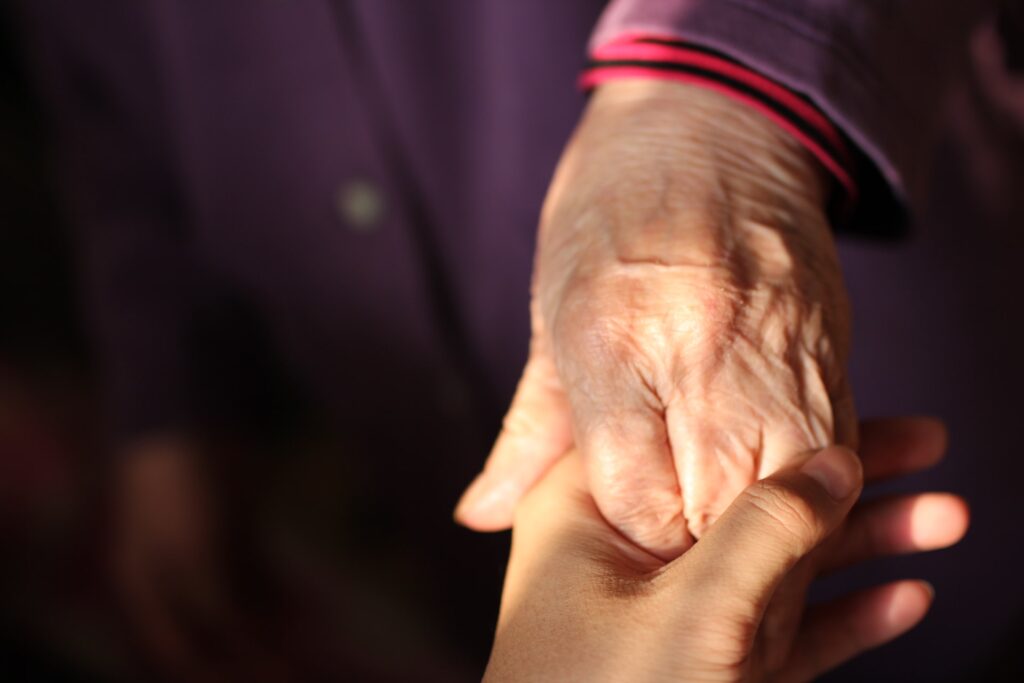
Then adversity came into my own orbit. My mother had a precipitous cognitive decline and we needed to move her to an apartment across the hall from us. At the time we had three boys, aged seven and under, and I already felt the considerable stretch of motherhood. My life was immediately circumscribed by the logistics of her care and my heart heavy for her suffering. But I had an insight during these years that deepened my faith and my relationship with Jesus.
There was a sermon Dr. Keller preached around then that described the inability of many Americans to handle suffering with strength and poise, and it caused me to stop and think. I’d recently confessed to my friends that the sadness and stress of my mom’s illness made me feel as if I’d fallen down a hole and in an almost knee-jerk response to that, I was becoming totally preoccupied, not to mention exhausted and miserable, with how to get out. I was sure that my life feeling so difficult was wrong and that my only choice was to struggle and scramble with all my might to make it to higher ground.
After that sermon though, I began to take a second look at my hole. Maybe it wasn’t the problem; maybe it was just a fact. And maybe, instead of wasting all my energy trying to get out, it probably made more sense to order a comfortable chair and some window treatments for my hole. At our next Wednesday lunch, I announced the revelation to my friends, and we all had a good laugh. But part of me was serious—something in me had changed.
I took to texting out live updates from the hole: a snapshot of a Tuesday night dinner, a picture of a birthday party for one of my boys, or a shot of my mom just sitting on the couch watching TV. Life was proceeding in all its poignancy and beauty, idleness and yawning need, right in the hole. I once texted from the pews at church: There’s music in my hole! I began to feel true joy in this place—joy that I did not feel when I spent all my time wishing that I had a life that was different (better) than the one God had, in His infinite wisdom, given me to live.
I began to feel true joy in this place—joy that I did not feel when I spent all my time wishing that I had a life that was different (better) than the one God had, in His infinite wisdom, given me to live.
Eventually it occurred to me—what if it’s the case that we all fell down a hole? I pictured everyone connected by a bunch of badger tunnels. This became yet another reason to sign the deed and decorate it: everyone else was down there too! Plus there were schools, hospitals, government buildings. And if you kept your eyes trained up and ears open, you could find the most amazing sights—verdant gardens, pastures, even vistas! Of course, it was Jesus showing everyone around—His light shone all the more gloriously in this place that I eventually realized was less a hole, really, than the solid ground of acceptance, of surrender. I finally understood how palpably God dwells with us in that place; sometimes I knew it as sure as I’d known anything before in my whole life. Sometimes, instead, I sensed his reach—a kind of exquisite homesickness or what Frederick Buechner called in A Crazy Holy Grace, “the passionate restraint and hush of God.”
A few years later when my mother was in the final stages of Alzheimer’s, my younger sister, Lis, was diagnosed with a terminal illness. For two and half years, they were dying together. And it was then that this Jesus, who I’d accepted warily at first, certainly at an arm’s length, I threw myself at. My absolute dependence on him defined my day-to-day life, many days hour-to-hour. In the aftermath of their deaths a handful of months apart in 2016, He abided with me in my numb and shattered state— even when I could not focus enough to read a wit of scripture or think a theological thought, or some weeks even make it to church or call a friend. Then He came to me as beauty—as the sun pouring through the windows or in the light on the river and most of all, in the trees that would whisper to me again, after all those years—that sweet and wild peace, and a love that would one day answer for everything.
He is with us. Amen and Amen. Alleluia. Amen.

